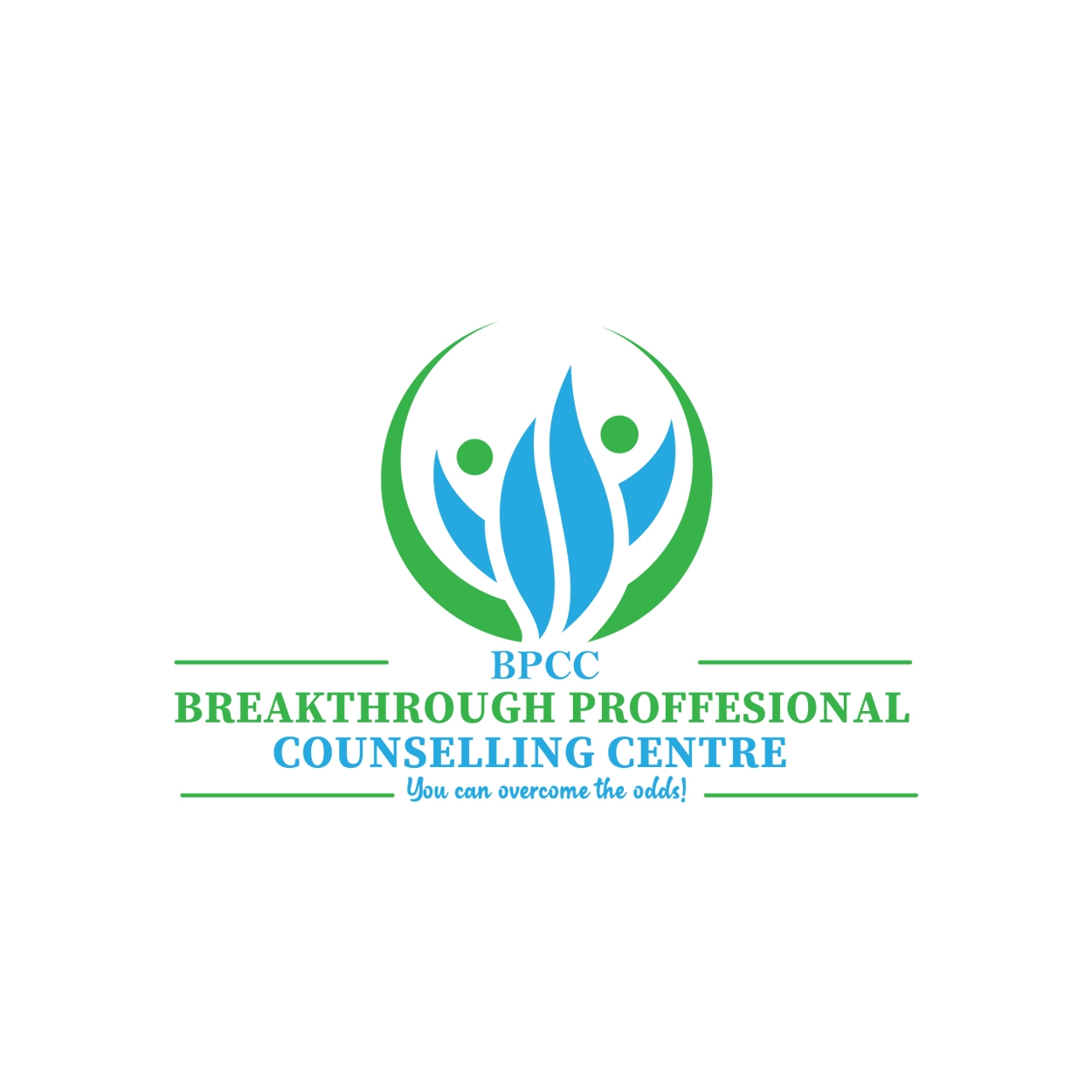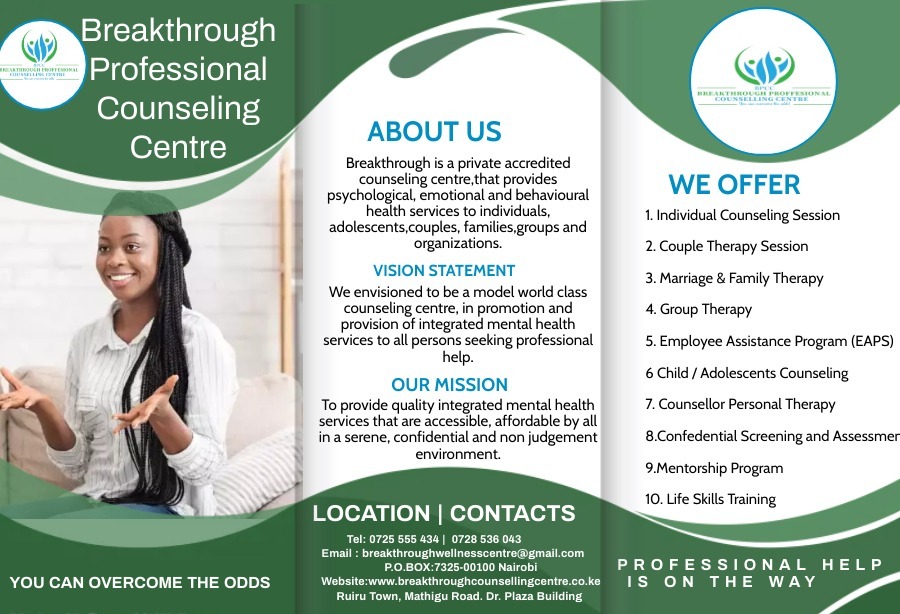Imperfectly Perfect: Embracing Your Flaws and Overcoming Perfectionism

Did you know that perfectionism is linked to different negative life outcomes including suicide and mental health issues among them depression and anxiety? Interestingly, according to the Psychological Bulletin journal, a study suggests that the rate of perfectionism has increased by 30% among young people due to social media influence. Perfectionism is a mindset that pushes someone to desperately strive for flawlessness, as well as setting impossibly high standards for oneself.
In the modern day, the pressure to be perfect is steadily growing in every aspect of life, including personal achievements, appearance, relationships and career. As this pressure grows and becomes more prevalent in modern society, numerous people are struggling with its negative impacts including mental health issues and low self-worth and self-esteem.
This article will focus on how you can overcome perfectionism and embrace your flaws to acquire self-acceptance and achieve true happiness. Here you will learn about the root cause of perfectionism, the pitfalls of perfectionism, embracing imperfection and overcoming this mindset.
I. Root Causes of Perfectionism in the Modern Society
In the contemporary world, causes of perfectionism are complex and multifaceted as environmental, cultural and genetic factors are involved in the development of this mindset. They include;
a) Competitive Society
Modern society equates success to perfection. As a result, people experience the pressure to be flawless with the hope to stand out and become successful. A huge part of this pressure comes from social media. This is because people only post their best selves on these platforms or the versions of themselves that they want others to see. The viewers are then left comparing their lives to the false standards on these platforms.
b) Fear of Rejection or Failure
Perfectionism can result from someone’s fear of rejection or failure. This is mainly prevalent in people who have an anxiety disorder or those dealing with low self-esteem. Ideally, this group of people experience the pressure of perfection as they attempt to avoid harsh criticism from their audience and rejection from those they are trying to please. Societal norms mainly cause such fears as they place massive value on achievements and external validation.
c) Genes and Juvenile Experiences
Lastly, childhood experiences and specific personality traits can result in the development of this mindset. For instance, children who are raised by highly critical parents and guardians or in demanding environments mostly internalize set expectations as a responsibility. As a result, they experience the pressure of being perfect to cope with their environment.
Notably, individuals who have obsessive thinking traits or those who deal with anxiety mainly end up being perfectionists. Furthermore, research suggests that perfectionism is inheritable. This implies that there are specific genes that increase the likelihood of someone becoming a perfectionist.
II. Pitfalls of Perfectionism
Before discussing the negative impacts of perfectionism, it is important to understand how it manifests. There are various ways that perfectionism can manifest and this makes it a complex phenomenon. Nonetheless, some of its major traits include;
- Having unreasonably high standards for oneself and others.
- Having immense fear of failure. If you are a perfectionist, you will realize that you dread making mistakes and this can result in passing new opportunities and challenges because you feel like you are not good enough.
- Extreme thinking is another trait of perfectionism. Perfectionists often think towards the extremes with minimal or zero room for ambiguity. For them, things are either black or white and never consider shades of grey. This creates an inflexible and rigid mindset that limits learning and growth.
- Excessive need for control is a common trait among perfectionists. People with a perfectionism mindset experience a strong need to control or manipulate circumstances and their environment. For this reason, they find it challenging to delegate duties. If you fall under this category, you will also struggle to ask or accept help from others.
- Besides, perfectionists are self-critical and they mainly focus on their shortcomings and flaws as opposed to their achievements and strengths.
- Another thing that perfectionists struggle with is making decisions. This is because they feel like any option they go with might not be good enough for the outcome they expect. As a result, they derail making decisions as no option feels good enough.
- Procrastination is also a trait that is mainly associated with perfectionists. Their struggle stems from a paralyzing fear of not managing to complete the task as perfectly as they want the outcome to be.
The Downsides of Perfectionism
a) Mental Health Issues
According to a study published in the Journal of Obsessive-Compulsive and Related Disorders, perfectionism is linked to numerous mental health disorders including OCD (obsessive-compulsive disorder), anxiety and depression. This implies that the excessive pressure to be flawless and ideal and the fear of failure can suppress one’s well-being and compromise one’s mental health.
b) Complicated Relationships
Perfectionists create a lot of issues that sabotage relationships because they set high expectations for themselves and others. Apart from unrealistic expectations, perfectionists find it challenging to open up and be vulnerable with others. They also struggle with accepting criticism and constructive feedback from other people. This makes it difficult to build solid relationships.
c) Burnout
Perfectionists give their best in courses they believe in to get the outcomes they want. Nonetheless, sometimes, they go beyond giving their best and end up overworking and over-committing. As a result, they end up not only exhausted but suffering from burnout. Overworking is not sustainable, therefore, the result is procrastination and extreme exhaustion, which limit productivity in the long run.
d) Limited growth and learning
Perfectionism can dwarf someone’s creativity because it makes one develop unrealistic expectations of what they are supposed to achieve. Therefore, they become reluctant to face new challenges or even take risks because of fear of not getting the perfect results or executing the plans perfectly. This results in passing opportunities and a lack of originality or innovation in professional and personal pursuits.
e) Inability to live life fully
In most cases, perfectionists are always trying to achieve their next milestone. This means that they never rest to look behind and enjoy their accomplishments. Doing this for the long term leaves one feeling empty and unfulfilled as one is never fully satisfied with what they have achieved.
III. How to Embrace Imperfection
Today’s society is keen on posting picture-perfect images on social media, making it seem like any degree of imperfection is intolerable and making failure seem catastrophic. This is a perfect recipe for living an unfulfilled and unhappy life because the standards of perfection change every other day depending on who is setting the pace.
Everybody has a physical feature, a habit or a trait that they would wish away if they could. While some of these things can change with intentional effort like habits others like physical features are there to stay.
To live a satisfying, happy and accomplished life it is important to embrace imperfection. This allows one to be authentic, genuine and honest with themselves and others. The ability to admit one’s flaws, mistakes and imperfections makes one vulnerable. Therefore, it is not easy to show up as yourself as that requires courage. Here are some tips on how to embrace imperfection.
a) Stop Comparing Your Life with Someone Else’s
It is important to understand that everybody has a unique path in life. The problem comes when you compare your planting season with someone else’s harvesting season. it is unfair and unhelpful to yourself to compare your journey to someone else’s while you have had different opportunities and conditions to be where you are. Instead, set personal goals for yourself and judge your progress from these goals based on your circumstances, conditions and opportunities.
b) Practice Self-Compassion
To embrace one’s flaws and all, one must be gentle and kind to themselves, especially when you have not met your expectations or when you have made a mistake. Offer yourself similar compassion, forgiveness and understanding that you would offer a loved one.
c) Let Go of the Need to Be in Control
It is important to understand that you can only control what is within your capacity. For instance, you can control how careful you are on the road, but that does not determine how others will use the same road. Therefore, understand that being in control of things from your end does not always determine the results or outcome and that is okay. Hence, it is wise to create room for unpredictable results and spontaneity. Note that one unchanging characteristic of life is that it is unpredictable and imperfections are a major aspect of its beauty.
d) Be Intentional
Embracing imperfections is a journey not a one-time occasion. Therefore, mindfulness is required in ensuring that it becomes second nature for you. This means that you must be conscious of the current moment and check your thoughts and emotions without judging yourself. This way, you can catch your inner critic getting out of control and give you the capacity to respond in a more compassionate way to yourself.
d) Watch Your Company
They say that energy is contagious and that is absolutely true. You cannot embrace your imperfections if you are always surrounded by people with negative vibes. Just because someone is a good person does not mean that they are a positive person. You, therefore, have to vet your friends and close associates to ensure that relating with them leaves you empowered, supported, positively challenged and loved without judgment. Avoid overly competitive, envious, opinionated and judgmental people because such a company only leaves you with negative energy and drained. This way, it will get easier for you to show up as your authentic self and embrace who you truly are to the core, imperfections and all.











[…] To embrace your flaws, here is how to be imperfectly perfect […]